All Stories
-
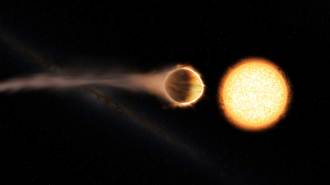 Astronomy
AstronomyThe first planet found by the Kepler space telescope is doomed
The exoplanet dubbed Kepler 1658b is spiraling toward its host star and will meet a fiery death in less than 3 million years.
-
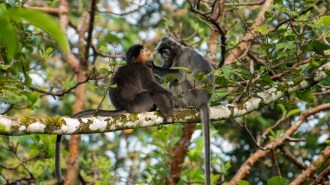 Life
LifeThese science discoveries from 2022 could be game changers
Gophers that farm, the earliest known hominid, a strange hybrid monkey and the W boson's mass are among the findings awaiting more evidence.
-
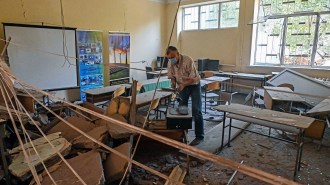 Science & Society
Science & SocietyHere’s how Russia’s war in Ukraine is still reshaping global science
Russia’s invasion of Ukraine in 2022 disrupted both local and global science.
-
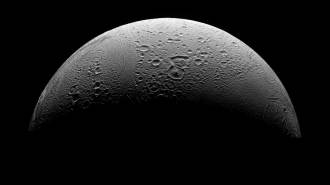 Planetary Science
Planetary ScienceThe last vital ingredient for life has been discovered on Enceladus
The underground ocean on Saturn’s icy moon may contain phosphorus in concentrations thousands of times greater than those found in Earth’s ocean.
By Nikk Ogasa -
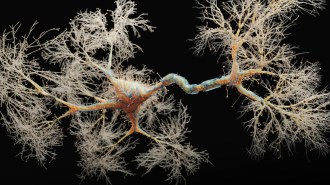 Neuroscience
NeuroscienceAdult mouse brains are teeming with ‘silent synapses’
Nerve cell connections thought to be involved mainly in development could explain how the brain keeps making new memories while holding onto old ones.
-
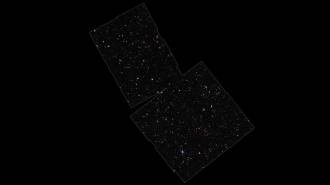 Astronomy
AstronomyHow the James Webb telescope’s glances back in time are reshaping cosmology
The observatory has found dozens of galaxies from less than 550 million years after the Big Bang, suggesting galaxies formed faster than once thought.
-
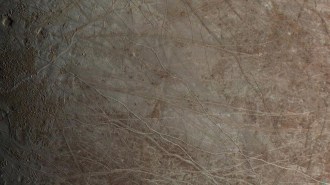 Space
SpaceNASA’s Juno spacecraft’s mission has lasted longer than expected
NASA’s Juno spacecraft continues to send back revealing new close-ups of Jupiter and its closest moons.
-
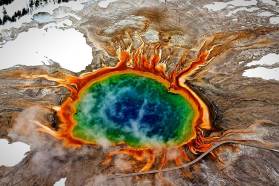 Earth
EarthNo, Yellowstone isn’t about to erupt, even after more magma was found
A new study offers the best views yet of what lurks beneath the Yellowstone supervolcano.
-
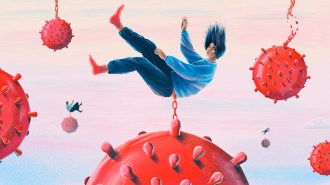 Health & Medicine
Health & Medicine2022 was the year long COVID couldn’t be ignored
Long covid’s heavy toll grew clearer as millions of people reported lingering symptoms, and scientists and doctors looked for treatments.
-
 Health & Medicine
Health & MedicineSome common medical terms may be more confusing than doctors think
Got ‘bugs in your urine’ or an ‘impressive’ X-ray? Doctors’ jargon can be confusing, especially terms with different everyday and medical meanings.
By Meghan Rosen -
 Climate
Climate2022’s biggest climate change bill pushes clean energy
Experts weigh in on the pros and cons of the United States’ first major climate change legislation, the Inflation Reduction Act, signed this year.
By Nikk Ogasa -
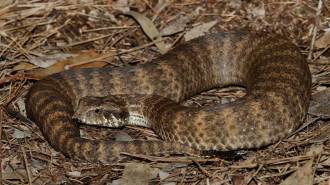 Animals
AnimalsScientists thought snakes didn’t have clitorises. They were wrong
Snakes were long thought to be the only reptile group to lack clitorises. But new findings suggest the sex organs are present after all.
By Jake Buehler